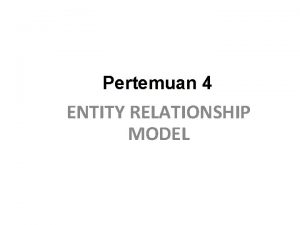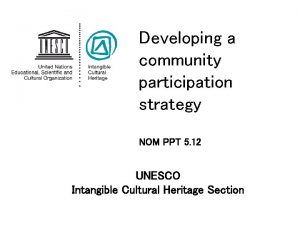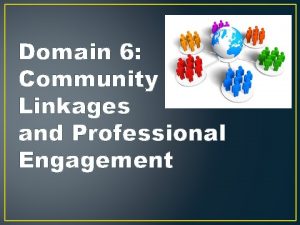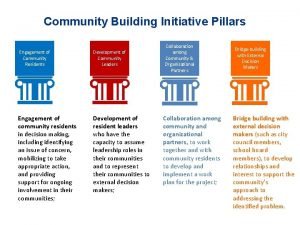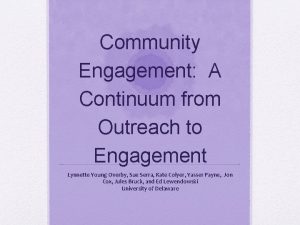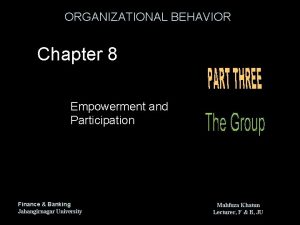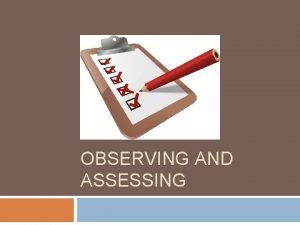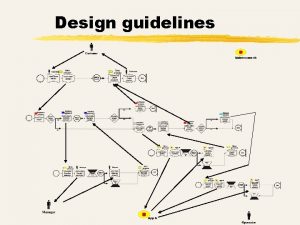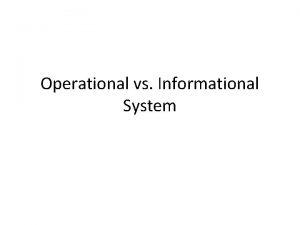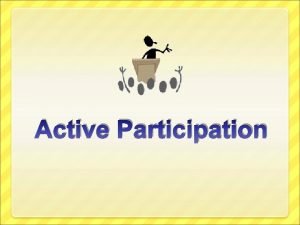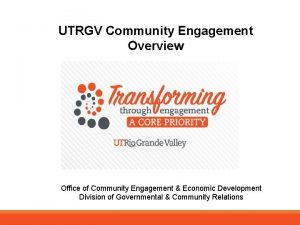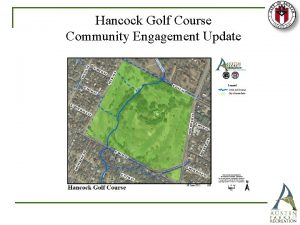Community Engagement and Participation Operational Guidelines on Community











- Slides: 11

Community Engagement and Participation Operational Guidelines on Community based mental health and psychosocial support in humanitarian settings: Three-tiered support for children and families An orientation to the field test version

To Understand: Objectives of the Module • The importance of community engagement and participation in an intervention • Key steps for fostering community participation

Community Engagement and Participation: Key Points

Community Engagement is… a process in partnership with community members as they assess their situation, consider priorities to help children and families and develop solutions based on their needs and resources.

Why Engage Communities? Are relevant to local realities, cultural values and understandings. Strengthen the natural supports in families and communities to care for children. Strengthen capacities of child care systems for broad impact. To ensure programmes: Make the best use of local resources. Effectively identify children and families who are vulnerable or have special needs, and actively promote their inclusion in interventions and relief efforts.

A Question for You

In your own work, what challenges have you faced around fostering community engagement? How have you overcome those challenges?

Engaging communities begins with recognizing and acknowledging their resilience, capacities, skills and resources for self-care and self-protection. It involves: Working with the community and its leaders. Understanding the community’s dynamics and structures. Building on community capacities and strengths Working in partnership to plan, implement and monitor interventions

Six steps of engagement and participation Learn about the context. Identify and meet community stakeholders. Conduct an inclusive, participatory assessment of needs and resources. Facilitate inclusive, participatory planning of solutions and interventions. Support programme implementation by community actors. Monitor and evaluate interventions together.


Questions?
 Simbol lrs
Simbol lrs Community participation ppt
Community participation ppt Active community participation definition
Active community participation definition What is community linkages and professional engagement
What is community linkages and professional engagement 4 pillars of community engagement
4 pillars of community engagement L2name
L2name Community engagement continuum
Community engagement continuum Lego engagement
Lego engagement Empowerment and participation in organizational behavior
Empowerment and participation in organizational behavior Pleasure and participation sports
Pleasure and participation sports Disadvantages of a participation chart
Disadvantages of a participation chart Spreading excellence and widening participation
Spreading excellence and widening participation
